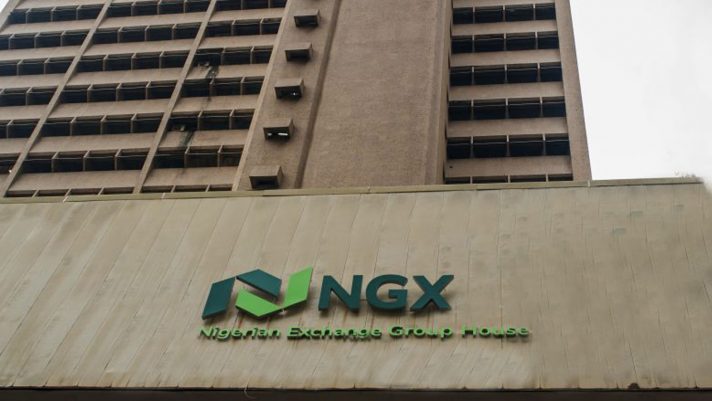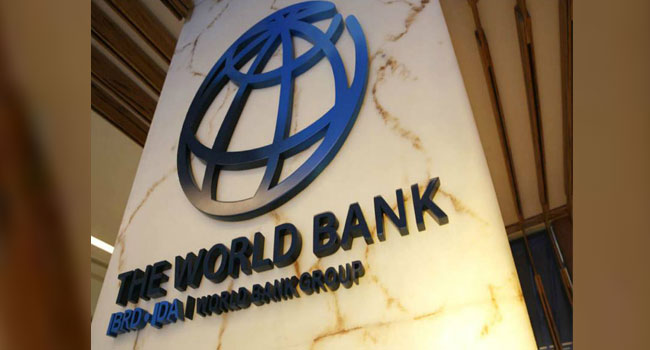
Keep up with the latest news and be part of our weekly giveaways and airtime sharing; follow our WhatsApp channel for more updates. Click to Follow us
The financial sector has cemented its position as a driving force in the Nigerian Exchange Limited (NGX), contributing a staggering N4.2 trillion, or 51%, of the N8 trillion stocks traded on the NGX over the past five years. According to data from the NGX, the exchange traded N8 trillion worth of stocks between 2019 and 2024, with the financial sector accounting for the majority of this figure.
The sector’s impressive performance is further underscored by its significant dividend payouts. In 2023, the financial sector paid out an impressive N466 billion in dividends to shareholders, highlighting its critical role in wealth distribution. Specifically, investors in six banks received approximately N366.93 billion in final dividends in 2023, reflecting the sector’s solid performance.
The financial sector has also seen a notable increase in foreign capital inflows, which rose from 4% in mid-2023 to an average of 16% by November 2024. This surge in foreign investment highlights growing investors’ confidence in the sector’s profitability.
Despite challenges such as currency depreciation and high inflation, the financial sector has maintained improved asset quality, with the non-performing loan (NPL) ratio remaining below the regulatory threshold of 5%. As a result, the financial sector continues to play a vital role in the NGX’s overall growth.
In 2024, the NGX all-share index (ASI) experienced a remarkable 37.65% increase, closing at a record 102,926.40 points. This robust growth is a testament to the financial sector’s significant contribution to the market.
The NGX has urged the government to implement policies that encourage more companies to list on the exchange, fostering greater citizens’ participation in wealth creation. According to the Chief Executive Officer of the NGX, Jude Chiemeka, “Listed firms are often recognised for their tax compliance, and their presence on the exchange would thus contribute to boosting the government’s tax base.”
Chiemeka emphasized that encouraging more companies to list on the exchange would provide citizens with the opportunity to participate in the wealth creation process. “It is important for the government to encourage more companies; we need more policies that will encourage companies to list to get more taxes and boost their revenue,” he said.
To attract more issuers, the NGX has collaborated with the Securities and Exchange Commission (SEC) to simplify the listing process. The exchange has also actively sought to attract technology companies, including unicorns, to list on the exchange, aiming to revitalise the market and provide investment opportunities. These initiatives reflect the NGX’s commitment to fostering a vibrant capital market that supports economic growth and enables citizens to participate in wealth creation.
The NGX’s efforts to attract more listings have been yielding positive results. Recently, several companies have expressed interest in listing on the exchange, and the NGX is working closely with them to facilitate the process.
In addition to simplifying the listing process, the NGX has also introduced various initiatives to make the market more attractive to investors. These include the introduction of new products, such as exchange-traded funds (ETFs), and the enhancement of existing ones, like the NGX 30 Index.
The NGX has also been engaging with stakeholders to promote the benefits of listing on the exchange. According to Chiemeka, “We are committed to creating a vibrant and inclusive capital market that supports the growth of Nigerian businesses and provides opportunities for investors to participate in the growth of the economy.”
As the NGX continues to work towards achieving its goals, the financial sector is expected to remain a key driver of growth and development in the Nigerian economy. With its strong performance and significant contribution to the NGX, the sector is poised to continue playing a vital role in shaping the country’s economic future.
In conclusion, the financial sector’s impressive performance and significant contribution to the NGX underscore its critical role in driving growth and development in the Nigerian economy. As the NGX continues to work towards creating a more vibrant and inclusive capital market, the sector is expected to remain a key driver of progress and prosperity in the years to come.
Please don’t forget to “Allow the notification” so you will be the first to get our gist when we publish it.
Drop your comment in the section below, and don’t forget to share the post.







